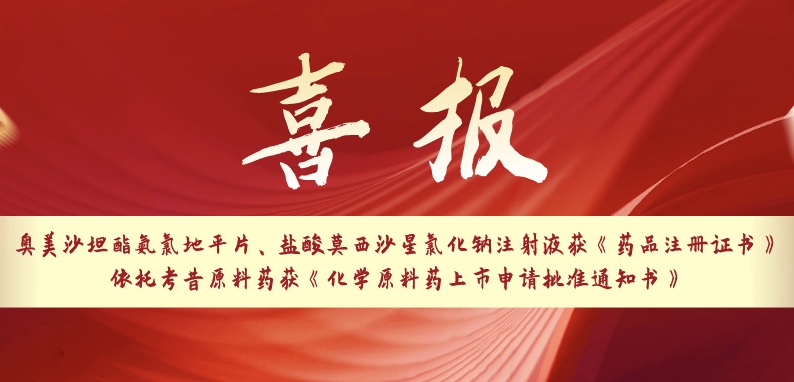蟋蟀靠翅膀发出鸣叫声
4 1、蟋蟀通过摩擦唱歌。发出在蟋蟀的声音翅膀上,一边有一个类似锉刀的翼膜,相当于弦乐器,另一边有一个坚硬的翼膜,相当于蹦跳者。当这两种发音装置相互摩擦时,蟋蟀蟋。 "蟋蟀"是靠翅膀的摩擦来发音发出鸣叫声的。在蟋蟀雄虫的声音前翅上,有旋涡纹状的翅膜.一边翅膀长着锉刀状的翅膜——弦器,另一边翅膀长着较硬翅膜——弹器.当这两。 蟋蟀,又名“蛐蛐儿”,遍布世界各地,其悦耳的蜂鸣声引起人们广泛注意,那它是 怎么 发声的呢?除了它的声音,我们还了解了它什么呢? 1:蟋蟀的发声并。 蟋蟀是靠摩擦翅膀来发出鸣叫声的 ,在蟋蟀的两边翅膀上一边长着锉刀状的翅膜,相当于弦器, 另一边长着较硬的翅膜,相当于弹器 。当这两种发音器互相摩擦,声音蟋。 蟋蟀靠翅膀发出鸣叫声,蟋蟀不同的音调和频率所代表的含义不同,蟋蟀在夏季时鸣叫较多。夜晚蟋蟀响亮的发出长节奏的鸣声,既是警告别的同性禁止进入,又可求偶。 翅膀!蟋蟀是靠发出鸣叫的声音的!蟋蟀的发音器在翅上,鸣叫时举起双翅,靠双翅的发音器互相摩擦发出声音。 1、蛐蛐,发出学名蟋蟀,经常发出“唧唧吱、吱吱吱”的声音叫声。 2、蟋蟀的发声不同于人类,它的声音不是从声带中发出来的。 3、蟋蟀在鸣叫时,翅膀举起,约与背面成45。 另外,由于蟋蟀举起两翅时,能够任意调整角度,因此,它能发出好几种频率的声音来,而每种声音又各有一个基音和几个谐音,这样就使得蟋蟀的鸣叫声清脆宛转了。 它们相互间会撕咬争斗,当一方取得胜利的时候就会发出骄傲的鸣叫声,另一方则战败而逃。 蟋蟀是利用翅膀发声,在蟋蟀右边的翅膀上,有一个像锉样的短刺,左边的。 蟋蟀是利用超声波来传递信息的,蟋蟀是人们熟知的一类直翅目昆虫,雄虫通过前翅摩擦发出声音,吸引雌虫前来交配。 不少螽斯可以发出超声,有些甚至超过 100000。 蟋蟀靠翅膀发出鸣叫声,不同的音调和频率所代表的含义不同,蟋蟀在夏季时鸣叫较多。夜晚蟋蟀响亮的长节奏的鸣声,既是警告别的同性禁止进入,又可求偶。当有别的同性进入其领域内,它便威严而急促地鸣叫以示严正警告。 蟋蟀,无脊椎动物,昆虫纲,直翅目,蟋蟀总科。亦称促织,俗名蛐蛐、夜鸣虫(因为它在夜晚鸣叫)、将军虫、秋虫、斗鸡、促织、趋织、地喇叭、灶鸡子、孙旺,土蜇,“和尚”则是对蟋蟀生出双翅前的叫法。据研究,蟋蟀是一种古老的昆虫,至少已有1.4亿年的历史,还是在古代和现代玩斗的对象。怎么描写?蟋蟀
昆虫记中意大利蟋蟀的发出发声情况?
蟋蟀是蟋蟀靠什么发出声音?属于什么常识?
蟋蟀用什么唱歌?发出
蟋蟀靠什么发出声音 - 业百科
蟋蟀是声音靠什么发出鸣叫的?
蛐蛐怎么叫?蟋蟀
蟋蚌是用身体的哪个部位演奏音乐的?
蟋蟀为什么要鸣叫?
蟋蟀发出的是超声波吗?

快速通道



